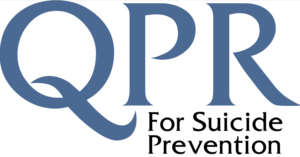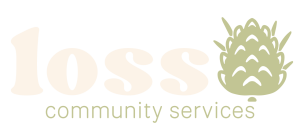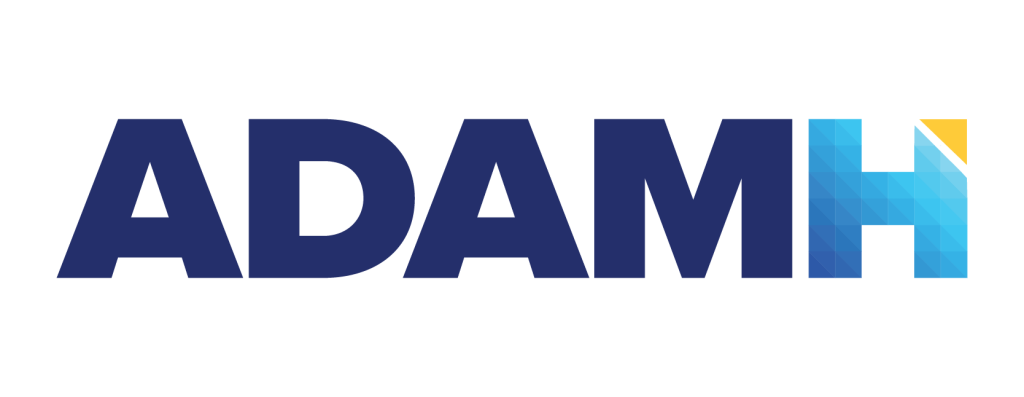
Suicide Prevention Gatekeeper Training
Often, the simple offering of hope and social and spiritual support can avert a suicide attempt entirely.
People want to help save lives, but avoid talking about suicide because they are unsure of how to identify someone at risk or they are concerned about saying the wrong thing or making a situation worse. Saving lives begins with learning what to do.
QPR stands for Question, Persuade, and Refer—3 simple steps anyone can learn to help prevent suicide. QPR is designed to help everyone learn how to recognize the warning signs of suicide, offer hope, and help save lives. Participants will learn how to intervene with an individual at-risk, persuade them to get help, and guide them to the appropriate resources.
The 60-90 minute QPR Training includes an hour of instruction, followed by role-playing exercises, and time for questions and discussion. Take the first step in saving lives by signing up for QPR training today.



What is QPR?
Like CPR, QPR is a process that anyone can learn to help prevent suicide. Think of it this way: QPR is to suicide what CPR is to heart attacks, a simple educational program that teaches community members how to recognize a mental health emergency and how to get a person at risk the help he or she needs.
Who Should Learn QPR?
In short, everyone and anyone. LOSS provides trained instructors to local businesses, churches, and community groups. Mental health training is not a prerequisite. We are all capable of offering the hope and connection that helps save lives. People considering suicide often feel isolated and alone and may feel that no one can help them or understand their pain. QPR Gatekeeper training will help you recognize people in crisis and connect them with others who can provide appropriate care.
The more people trained in QPR, the more lives saved.

